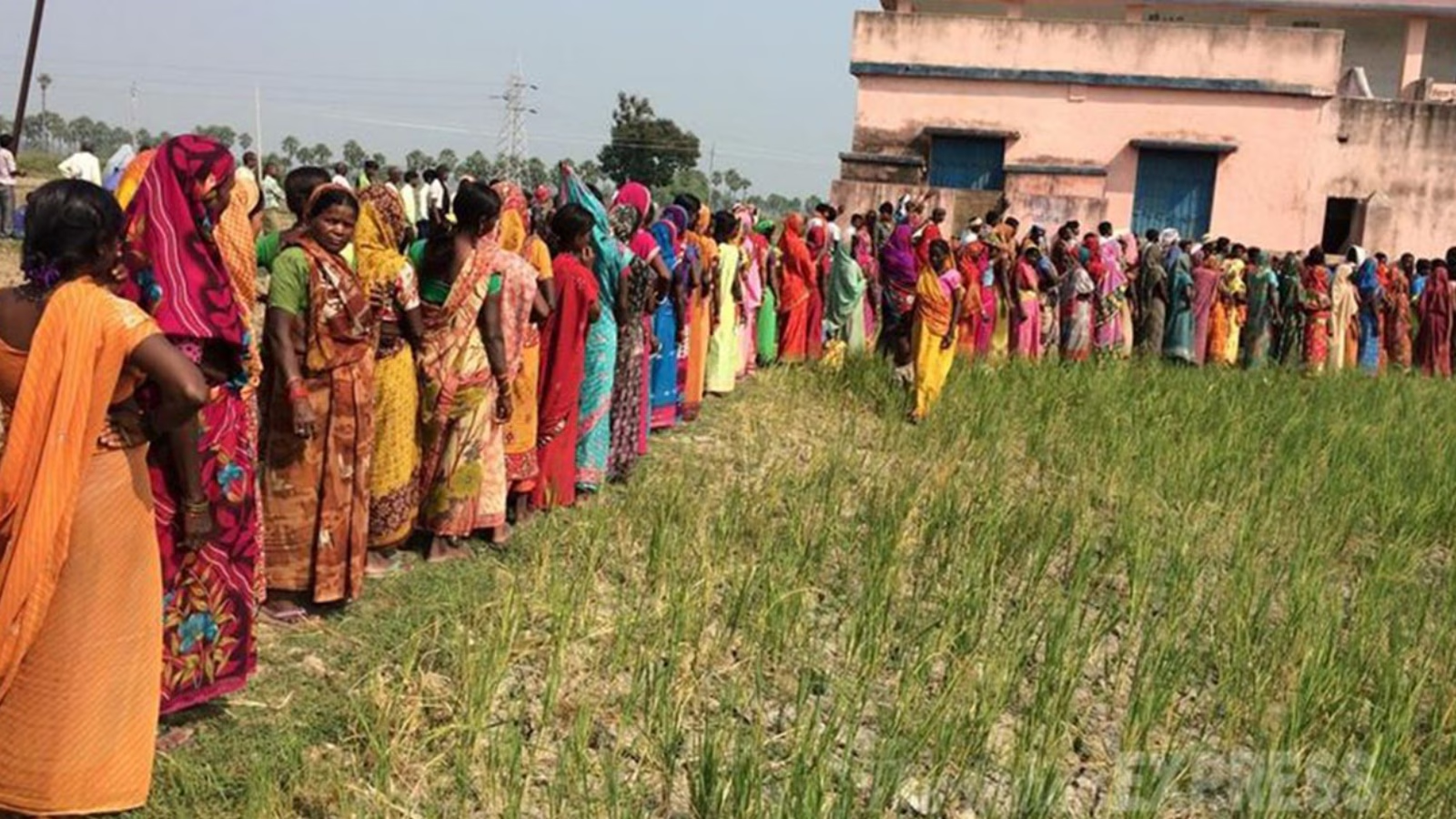Women and migrants will shape Bihar’s future

November 14, 2025 06:37 AM IST
First published on: Nov 14, 2025 at 06:37 AM IST
The Bihar assembly election is a defining moment. More than a usual regional contest, it represents the tensions between welfare and aspiration, migration and belonging, survival and mobility. Bihar’s politics has long been viewed through the prisms of caste, crime and corruption. But its democratic aspirations have manifested in historic peasant movements, the uprising against the Emergency and the post-Mandal consolidation.
The convergence of two powerful shifts makes this election significant. First, the unprecedented turnout of women voters and the rise of women as the dominant electoral bloc in what has increasingly become a “maternal welfare state”. Second, the crystallisation of employment and migration as the new axes of debate. Together, they signal a transformation toward “migrant democracy” — a political order sustained by the circulatory lives of migrants and the civic labour of women who anchor the village economy in their absence.
At the centre of these shifts stands Nitish Kumar. By unleashing social multiplier effects of the post-Mandal transformation, his governance model has redefined state capacity. The feminised welfare infrastructure also paved the way for collective entrepreneurship through dairy cooperatives and local enterprise. Still, there is a long way to go. On the other hand, with millions of youths migrating, palayan remains an open wound. Migration, once normalised both as a livelihood strategy and an escape from the ravages of caste order, is now viewed as an opportunity gap.
The imperatives of empowering mothers and migrants have created conditions for a new developmental paradigm — one that can translate welfare gains into the next generation of advanced economy and local employment. Bihar has already experienced remittance-driven consumption and urbanisation – a massive boom in real estate, smartphones, swanky cars, shopping malls, and upmarket eateries with multinational brands across the state’s cities. The youths are both excited and anxious about the next stages of aspirational modernity.
In this sense, the “maternal welfare state” has unleashed both empowerment and expectation. Women’s civic agency and the youth’s aspirations now converge, compelling the state to evolve from one that delivers benefits to one that creates possibilities — a “maternal economy” seeking to employ and retain its people.
So, this election is a contest between two moral economies of governance. The incumbents, who consolidated Bihar’s welfare and civic infrastructure, embody continuity, equity and stability. The challengers, who mobilise the language of aspiration, reform, and opportunity. But women and migrants — one rooted, the other mobile — together define Bihar’s new democratic frontier.
The writer is professor at TISS, Mumbai. Views are personal





